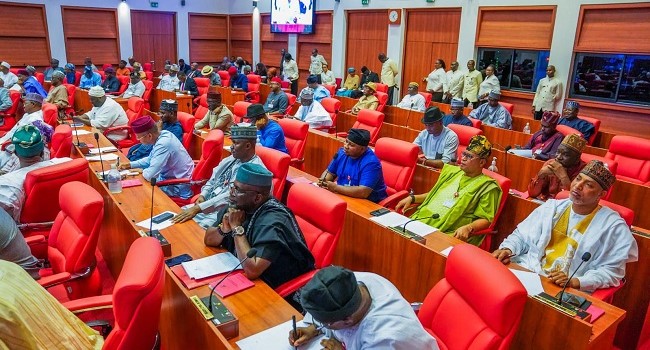A prominent energy expert has called for caution in assessing Nigeria’s state-owned oil company amid a multi-trillion-naira audit inquiry, stressing the need to distinguish between past and present oversight as the sector undergoes critical reforms. Professor Wumi Iledare, a Louisiana State University energy economist, shared insights on the Nigerian National Petroleum Company Limited’s (NNPCL) ongoing audit probe and refinery challenges during a recent interview, urging stakeholders to balance transparency demands with context about the firm’s evolving corporate status.
Nigeria’s National Assembly is currently investigating NNPCL over a reported ₦210 trillion ($500 billion) liability identified in an audit spanning 2017–2023. Iledare acknowledged lawmakers’ oversight role but warned against conflating transactions from different regulatory eras. “We must not lump apples and oranges together,” he said, noting that NNPCL shifted from a government agency to a commercial entity in 2021 under the Petroleum Industry Act. The mammoth figure, he explained, likely combines legacy debts – including un-reimbursed fuel subsidies and inter-agency arrears – with newer obligations. “You can’t lump 2017 to 2023. What happened since becoming a limited liability company differs from its time as a public agency,” he emphasized.
When pressed about NNPCL’s delayed clarifications, Iledare declined to defend specific officials but underscored the complexity of engaging politically charged scrutiny. He urged legislators to consult technical experts to avoid “sensationalism,” particularly given Nigeria’s history of politicizing oil sector issues. “The public must separate financial literacy from political narratives,” he asserted, while supporting NNPCL’s gradual transition toward private-sector accountability standards akin to global firms like Shell.
The analysis extended to Nigeria’s underperforming state refineries. Despite recent government claims of progress at Port Harcourt’s facility and management shakeups at Warri Refinery, Iledare called for asset evaluations free from political pressure. “If NNPCL leadership believes refineries aren’t viable, they should dispose of them,” he stated, advocating board-level decisions based on economic viability rather than patronage.
Addressing sectoral reforms, the professor highlighted the energy industry’s potential economic multiplier effects but stressed that success hinges on insulating NNPCL from partisan influence. “Leadership cannot bend to political will just because politicians appoint them,” he argued, stressing that operational independence remains pivotal for rebuilding credibility.
The remarks come as Nigeria grapples with balancing public accountability in its most strategic revenue-generating sector against the realities of institutional transformation. With oil production still below capacity targets and subsidy removal sparking inflationary pressures, stakeholders are watching whether NNPCL’s restructuring can catalyze broader energy reforms – provided, as Iledare notes, “the company remains apolitical while transitioning to true private-sector discipline.”
